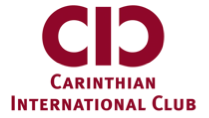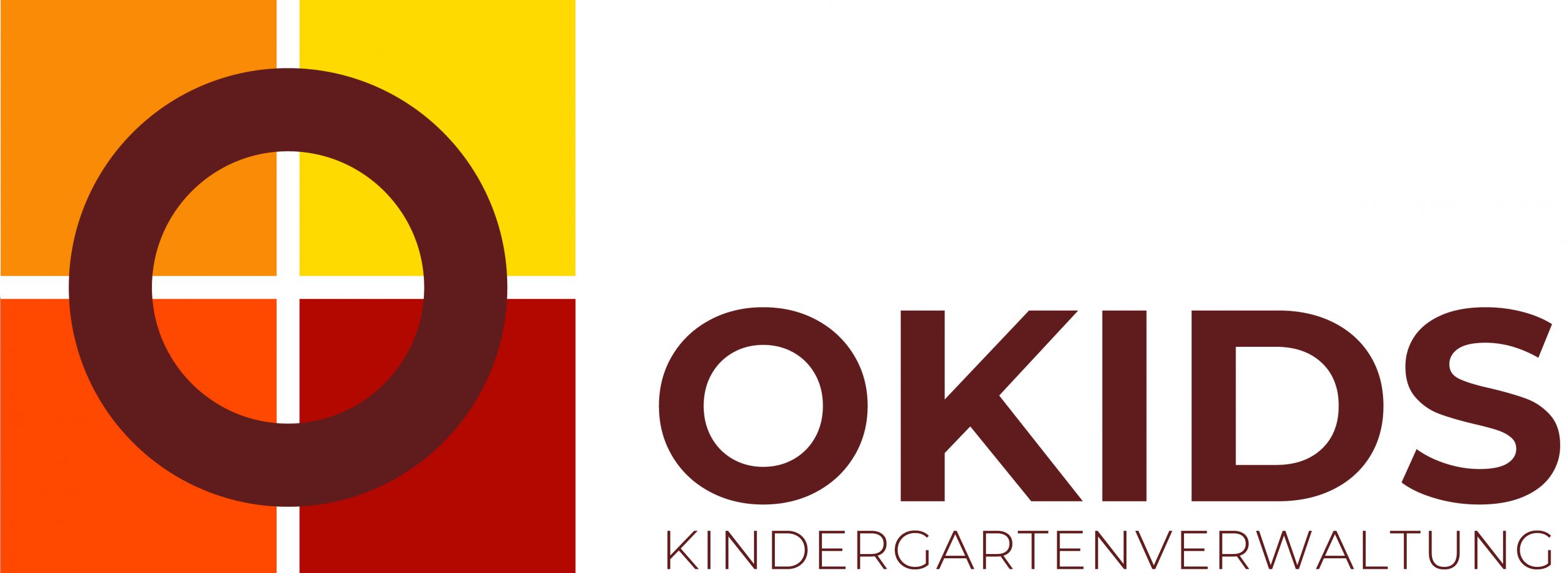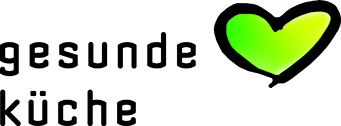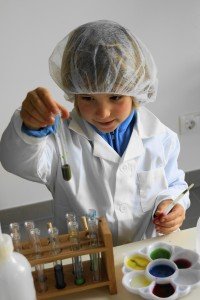 To promote the various skills of the children, we offer a comprehensive educational concept. The main focus is always the child’s welfare. Prerequisites for emotional and social learning is emotional security and a trusting relationship. Appreciative, sensitive and responsive behaviour of the educators and continuity of care, are therefore especially important to us.
To promote the various skills of the children, we offer a comprehensive educational concept. The main focus is always the child’s welfare. Prerequisites for emotional and social learning is emotional security and a trusting relationship. Appreciative, sensitive and responsive behaviour of the educators and continuity of care, are therefore especially important to us.
As a cooperation partner of international firms for many years, we have observed the international and intercultural context in which the families and employees live their lives. We have especially observed that children, from different cultural and linguistic backgrounds, who coexist together have a special learning opportunity, which we use to our advantage.
Intercultural offering: Multiculturalism
At IDC we experience:
- Acceptance and appreciation for all cultures, languages and ways of life
- Celebrating different festivals through the year with parents’ involvement
- Freedom of speech
- Responding to the specific needs of children and parents
- Emphasising importance of the mother language
- Education partnership in the form of parent cooperation
- Children seen as individuals (Learning tempo, character)
- Parents seen as experts in their children’s lives; we support them as competent educators.
We as a day care center are unique as we can offer a multilingual environment, while still being child-friendly and child-oriented, that is not overwhelming for children.
Bilingual language options: English as a second or third language
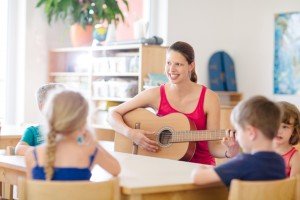 Regardless of age, our attitude is: „Before a language can be developed, you need to develop a relationship.” To acquire a language, certain conditions need to be assured. The most important thing is personal attention – because early social experiences effect language development.
Regardless of age, our attitude is: „Before a language can be developed, you need to develop a relationship.” To acquire a language, certain conditions need to be assured. The most important thing is personal attention – because early social experiences effect language development.
Encouraging communication, even in our youngest
children, means for us:
Valuing and appreciating every child and every native language i.e. openness and acceptance for all languages.
Offering the children a playful space to use the German and English languages.
To offer different opportunites to use the languages (through songs, rhymes, stories, word games, etc.).
Bringing language closer with the senses, i.e. teaching language through body language.
To bring the children into the dialogue i.e. playfully promoting communication through observing and describing together everyday situations and emotions.
So even the smallest can be assisted through playful and child-friendly learning, without being overwhelmed!
Advanced learning of both languages in the kindergarten: „morning circle“
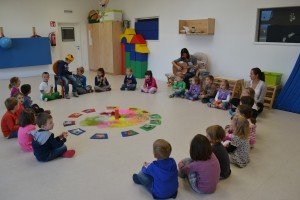 As a special highlight in the kindergarten we offer a daily „morning circle“. The „circle time“ is an integral part of our daily routine and is primarily conducted in English. After greeting we discuss with the children the weather, the calendar and the season. Even current topics can be incorporated into the group discussion. Of course playful elements such as songs, poems, and games are part of the „morning cirle“. At the end of „morning circle“ the children are informed about what will happen during the day. The aim of „circle time“ is to strengthen the connection of the children with the group to help the children learn communication rules for successful co-existence, to deepen knowledge on current events and to expand English vocabulary in a fun way.
As a special highlight in the kindergarten we offer a daily „morning circle“. The „circle time“ is an integral part of our daily routine and is primarily conducted in English. After greeting we discuss with the children the weather, the calendar and the season. Even current topics can be incorporated into the group discussion. Of course playful elements such as songs, poems, and games are part of the „morning cirle“. At the end of „morning circle“ the children are informed about what will happen during the day. The aim of „circle time“ is to strengthen the connection of the children with the group to help the children learn communication rules for successful co-existence, to deepen knowledge on current events and to expand English vocabulary in a fun way.
Advanced scientific tasks and research-based learning in the kindergarten
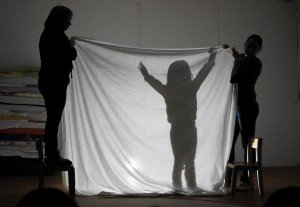 Children are surrounded from birth by physical, chemical and biological phenomena. Through their senses (sight, hearing, smell, taste, touch) children construct, from the beginning, new knowledge and problem-solving strategies. Children want a picture of the world, to explore it and to give it meaning. They are by nature explorers and inquisitive.
Children are surrounded from birth by physical, chemical and biological phenomena. Through their senses (sight, hearing, smell, taste, touch) children construct, from the beginning, new knowledge and problem-solving strategies. Children want a picture of the world, to explore it and to give it meaning. They are by nature explorers and inquisitive.
Natural science opens areas by dealing with elements from nature, that are animate and inanimate and offers great learning and experimentation opportunities in the everyday life and world of children. By studying specific scientific topics, basic experiences can become opportunities to acquire natural science knowledge.
A special highlight in our kindergarten is our own research laboratory, the „Mini Lab“.
Our basic thoughts towards res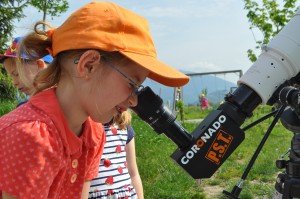 earch-based learning:
earch-based learning:
„Lift your perspective, so you don’t see the limits!“ We want to educate the children to become „Life Long Learners“. This means for us, to get the children to think about questions, observe, search and explore. We believe that independent thinking and acting, being able to learn from mistakes, being reflective and going beyond the childrens’
limits, provides them with the essential characteristics, necessary for learning through a scientific approach.
Free experimentation in the group, our weekly forest days, the natural experience garden, the „Mini Lab“ in the kindergarten, all serve as platforms from which we can search, explorer and discover.
School Preparation
In the last year of kindergarten the children will be offered special activities to help prepare them to enter school the following year.
Taking into account the child’s development, we support the following areas:
- Gross and fine motor skills
- Cognitive development
- Social development
- Mathematical competence
- Concentration skills and stamina
- Creativity
- Grapho motoric skills
- Emotional development







